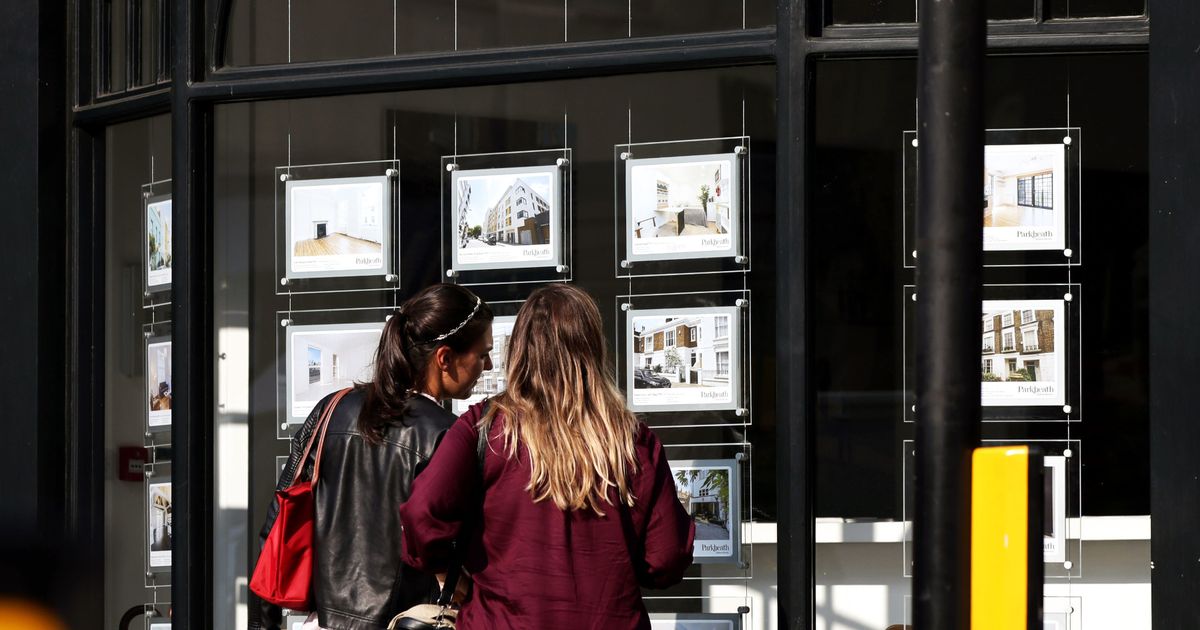
Buying your first home is an exciting time. But getting the funds together can be daunting, especially if you don’t know how.
It is important to look after your finances in the years leading up to that first mortgage application. Lenders will want to know that you are responsible and reliable. One way to show this is by saving regularly.
The average deposit for a first-time buyer stands at over £58,000. Read on for the six best tips for saving that money.
Read more: Six things to avoid when you’re trying to buy a house that could cost you money.
Open a savings account
The first step is to open a savings account. MoneySavingExpert Martin Lewis recommends a Lifetime ISA, or LISA. A Lifetime ISA can be opened by anyone aged between 18 and 39. You can save up to £4,000 per year in the account. You will receive a bonus of up t £1,000 per year on top from the UK Government.
You need to have had the account open for a full year before you can use it for your deposit, so it’s best to open the account as soon as possible. As with all ISAs, your cash is tax-free.
As you can only save £4,000 per year into a LISA, you may need to open another savings account to add additional money to, or make sure your partner also has a LISA. Read a guide to savings accounts here.
Budget
One of the best things you can do when saving for your first house is to set a budget and stick to it. You should allocate a portion of your monthly earnings to different categories, like essential bills, food, travel, and leisure. You should also set a monthly savings goal.
Each month, pay your essential bills, like rent, utilities and any other payments first. Then move money into savings. With the remainder, you should allocate a proportion to various categories each month.
Cut the cost of your rent
If your rent is so high that you cannot afford to set money aside into savings each month, it might be worth looking at other options. Could you move into a smaller place, or move in to a flat share? Will any of your friends let you live with them for lower monthly costs? This can be a good way of saving a large chunk of money every month which could speed up the process of saving for a home.
Get a helping hand from your family
It is worth having a conversation with close family to see if they can help you. Maybe they have a spare room you could live in for a while, or offer you advice on how they saved for a home themselves.
If you’re fortunate, maybe your family could agree to loan or gift you money towards the deposit. This is never something to rely on, but it’s good to know if that is the case.
Rein in your spending
First-time buyers are told to scrimp, save, and make sacrifices so that they are able to buy a home. It might seem like a no-brainer to reduce unnecessary spending (thanks for that one Kirstie Allsop ), but it can really make a difference if you are usually an over spender.
Take steps like cutting back on online shopping, and buying own-brand products at the supermarket to see if it helps you save. Set limits on eating out and takeaways. If you can find cheaper deals on phone bills, car insurance, and utilities, do it. Cancel any unused subscriptions and consider what you are buying that you don’t actually need.
Doing this well will also help to improve your budgeting skills, which will in turn boost your savings. We know it’s not always this simple, and sometimes costs are necessary. It’s important to cater your budget to your own circumstances.
Get expert advice
Getting help from a financial adviser or mortgage adviser could make all the difference. Many mortgage advisers offer free initial consultations, and some only charge upon completion of the purchase of your house.
Using the services of a professional could save you much more than it costs you in the long run. They could also help you work out if you are eligible for additional government support or benefits.




